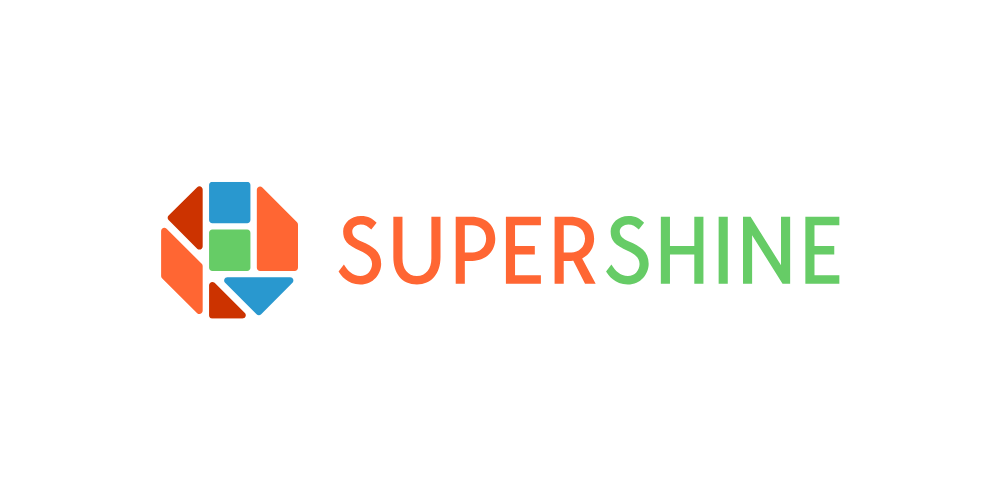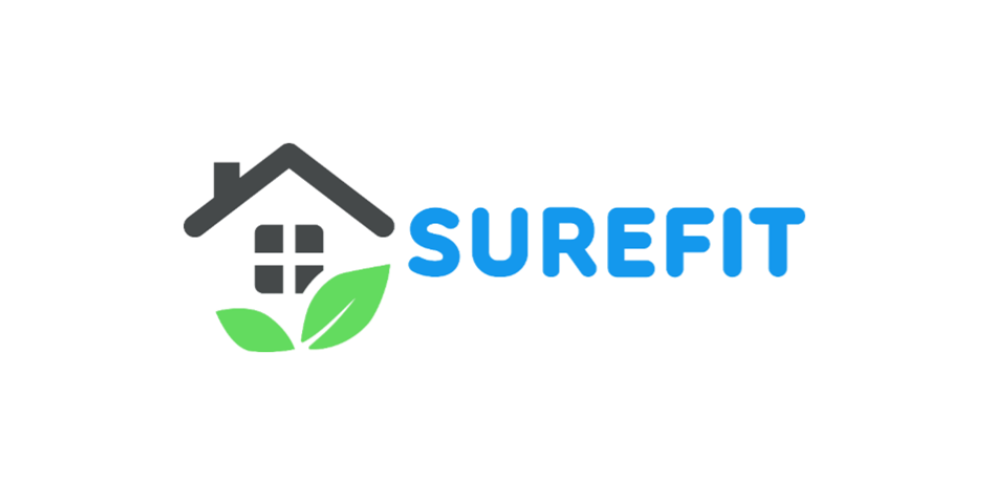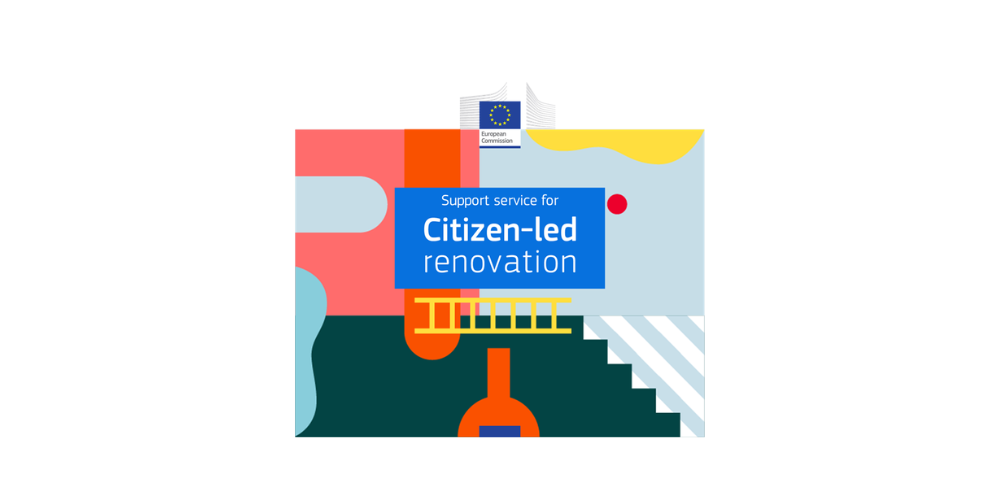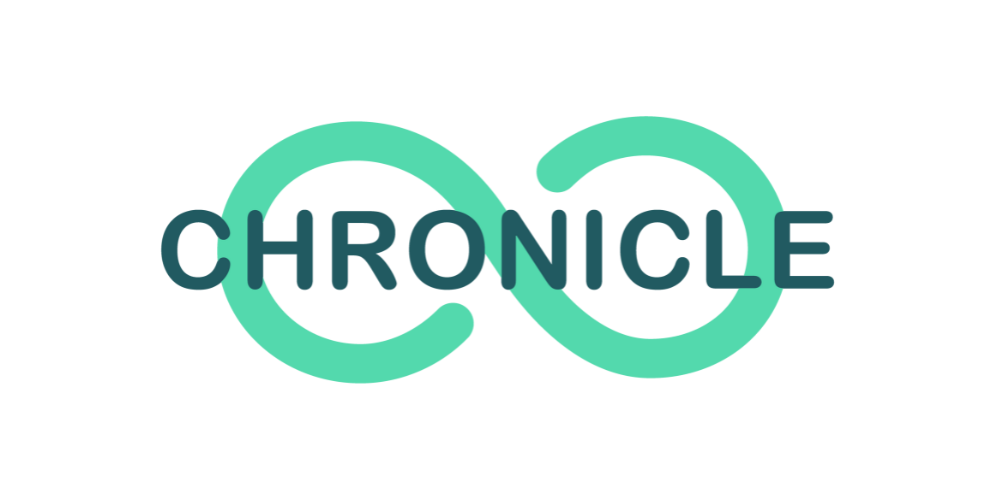
Network of Building Renovation Projects
The Network of Building Renovation Projects has been initiated at the beginning of 2024 with the aim of collaborating and using any synergies in reaching out to stakeholders of the construction sector and applied sciences. At this stage, the network consists of 20 projects funded under Horizon Europe, and many of them are part of the Built4People Partnership.
AEGIR aims to demonstrate a scalable, smart, non-intrusive, and affordable renovation solution to boost deep retrofitting towards nearly zero-energy buildings. It combines plug-and-play envelope technologies, a digital ecosystem improving the construction workflow, and financial models at building scale. Four pilot sites in Spain, France, Denmark, and Romania cover various climates and building types, including social housing and schools, to prove feasibility and impact. The project involves stakeholders across the construction and energy value chain.
CHRONICLE aims to deliver a holistic framework for assessing the life-cycle performance of different building variants. The project seeks to improve building performance to increase energy efficiency, comfort, and well-being. The CHRONICLE project supports the sustainable design of new and existing construction projects by focusing on efficient renovation procedures and investment decision-making processes.
Citizen-led renovation (CLR) is an EU initiative empowering energy communities to lead energy-saving renovation projects. It supports pilots in Ireland, Portugal, Belgium, and Bulgaria by helping overcome financial, legal, technical, and informational barriers to renovate homes with insulation, renewables, and modern systems. In Phase II, CLR expands its services through coaching, webinars, workshops, and peer learning to support Pilots, Learners, and Followers in delivering future-proof buildings.
DRASTIC aims to demonstrate affordable, sustainable building solutions with top-level life cycle performance and improved circularity. Working with 23 European partners, the four-year project (EU grant 101123330) runs five Demonstrator pilots showcasing solutions to reduce whole life carbon and climate impact in construction. These pilots target various building layers to cut operational and embodied emissions, promote material reuse, and support business models driving full life cycle decarbonisation of the EU building stock by 2050.
EBENTO delivers a One-Stop-Shop platform to boost energy efficiency in residential buildings through performance guarantees, innovative business models, and citizen engagement. It supports public institutions, SMEs, and ESCOs in streamlining renovations, reducing upfront costs, and attracting investment. With tools for contracting, monitoring, and simulation, EBENTO enables deep renovations and supports low-income households. Pilots in Spain, Greece, Estonia, and the UK validate its impact on efficiency, comfort, and the circular economy.
e-SAFE delivers an affordable, market-ready deep renovation system for non-historic buildings, combining decarbonisation, earthquake safety, indoor comfort, and aesthetic improvement with low cost, minimal disruption, and fast implementation. Developed through a multidisciplinary, iterative approach, it merges technical innovationwith financial tools, public engagement, and knowledge co-production to ensure both technological and process-based innovation for scalable impact.
FORTESIE aims to accelerate the Renovation Wave in Europe through smart performance-based renovation packages that ensure efficient, sustainable, and inclusive energy use. Combining advanced construction technologies(e.g. prefabs, BIPV, heat pumps), digital tools for performance tracking, and innovative financing schemes (smart contracts, green-euros), FORTESIE enhances the EPC value proposition and supports large-scale replication across the building sector.
The REHOUSE project aims to increase the scope and productivity of the renovation process, ultimately improving the comfort and satisfaction of building inhabitants and users. Additionally, the project focuses on promoting the use of integrated solutions for decentralized renewable energy generation. Over the course of four years, REHOUSE will develop eight innovative and comprehensive solutions designed to ensure efficient, cost-effective, and sustainable renovation processes.
INBUILT aims to develop and demonstrate ten innovative solutions using bio-/geo-based, reused, and recycled materials for both new construction and building renovation. Integrated through a BIM-based digital platform with multi-objective optimisation, these solutions follow circularity principles, ensure low or negative carbon footprint, and respect architectural and historic values, reaching TRL 7 in real operational environments.
INPERSO delivers a holistic deep renovation approach that combines industrialisation and personalisation across the entire building lifecycle. Focused on residential and heritage buildings, it offers inclusive, affordable, efficient, and sustainable solutions adaptable to different climates and typologies. INPERSO tackles digitalisation, fragmentation, and quality challenges through a human-centric approach, addressing the specific needs of stakeholders throughout the retrofit process.
MULTICARE aims to enhance multi-hazard resilience in the built environment by developing low-carbon, cost-effective, and sustainable technologies along with digital tools for assessment, design, and management. Addressing the rising impact of climate-related extreme events, MULTICARE creates decision-support frameworks and scalable solutions to improve resilience, reduce socio-economic losses, and enable future-proof, user-centred and sustainable construction across multiple scales.
NEBULA, an EU-funded project under the Built4People initiative, aims to establish a network of Innovation Clusters across Europe. These clusters will accelerate sustainable solutions in the built environment by connecting innovators and fostering collaboration. NEBULA addresses key challenges in creating a more sustainable, people-centric built environment, blending technological and social innovations.
oPEN Lab aims to transform districts in Tartu, Pamplona, and Genk into fully operational Positive Energy Neighbourhoods (PENs) and run them as Living Labs. A PEN is an energy-efficient, flexible urban area that achieves net-zero emissions while producing a renewable energy surplus. The project showcases promising technologies, processes, and social innovations to prove feasibility and support wider replication across Europe.
openDBL aims to deliver a one-step Digital Building Logbook solution by creating a standardised, openAPI-based platform that simplifies data use in the AECO industry. Funded by the European Commission (Grant no. 101092161), the project integrates multidisciplinary expertise to address current DBL challenges. It focuses on providing useful content, enhancing usability, and ensuring attractive economics to support widespread adoption and reduce the time spent managing building data.
The RE-SKIN project is developing an advanced, integrated and multifunctional retrofit system targeting the renovation of the European building stock by combining energy efficiency, smart readiness, sustainability and circular economy.
SMARTeeSTORY develops an integrated, interoperable, and user-centred building automation system to improve the energy performance of non-residential historic buildings. Funded by the EU Horizon Europe programme, it brings together 13 partners from six countries. The project combines cybersecure software and hardware to monitor and optimise energy use, while preserving heritage value. Solutions merging energy efficiency, renewables, and smart technologies are tested at sites in Delft, Granada, and Riga.
SUPERSHINE is an EU-funded project focused on the renovation of social housing to reduce energy poverty. It creates replicable smart district models based on energy efficiency, affordability, and sustainability, supported by well-targeted funding. Pilot districts in Trieste, Herning, and Riga feature efficient buildings, low-carbon mobility, smart grids, and resource-optimising technologies. These are followed by replication in Setúbal, Belgrade, Zaragoza, and Istanbul, promoting wellbeing and sustainable lifestyles.
SIRCULAR develops digital tools, technological solutions, and services to support the decarbonisation and circularity of the built environment. It introduces a methodology to assess building circularity and test new construction technologies in demonstration projects, accessible to both professionals and non-experts. Pilots in Estonia, Spain, Germany, and Greece engage key actors and focus on buildings used by vulnerable groups, ensuring a just and affordable transition.
SUREFIT demonstrates fast-track renovation of domestic buildings using innovative, cost-effective, and sustainable prefabricated technologies to achieve near-zero energy consumption. It reduces energy use in heating, cooling, ventilation, and lighting, while increasing renewables. Funded by the EU Horizon 2020 programme (Grant No 894511), SUREFIT tests three renovation packages—passive, ventilation, and generation—through simulations and demos in five buildings across different European climates.

Other Cooperation
At HERIT4AGES, we believe that preserving our cultural heritage requires collective effort. As a proud European initiative, we collaborate with a network of projects and organizations dedicated to safeguarding and enhancing historical sites.
This page highlights our partnerships and joint ventures, showcasing how we work together to develop innovative, sustainable solutions for cultural heritage conservation. By combining expertise and resources, we aim to create resilient, energy-efficient, and inclusive environments that honor our shared history.
We invite you to explore these collaborations and see how, through cooperation, we are building a future that respects and preserves our past.
The CALECHE project presents innovative solutions in various fields, including approaches that aesthetically integrate photovoltaics into buildings and advancements in insulation materials specifically designed to meet the essential needs of historic buildings regarding humidity regulation. It also promotes resource circularity and reduces the overall carbon footprint. CALECHE is developing a dedicated method as a decision tool to guide and encourage more circularity and help reduce the overall carbon footprint, aligning renovations with sustainable practices.
The POCITYF project will deliver a set of positive energy blocks in the lighthouse cities of Alkmaar (Netherlands) and Évora (Portugal), and their fellow cities Hvidovre (Denmark), Ioannina (Greece), Ujpest (Hungary), Bari (Italy), Celje (Slovenia), and Granada (Spain). These blocks refer to a limited and socially well-embedded geographic area where the average local renewable generation exceeds its consumption. POCITYF aims to transform these cities’ mixed-urban environments, with a strong emphasis on cultural and historical protected areas, into healthier, more accessible, reliable and competitive spaces for their citizens.
The European Construction, Built Environment and Energy-Efficient Building Technology Platform (ECTP) is a leading membership organisation that promotes and influences the future of the built environment in Europe. It aims to enhance competitiveness, sustainability, and resilience in key sectors like energy, cities, transport, and infrastructure. Working closely with the European Commission and industry stakeholders, ECTP influences research agendas, supports funding opportunities, and fosters cross-sector collaboration.
HeriTACE is a collaborative initiative aimed at transforming heritage townhouse buildings into energy-efficient assets while preserving their historical integrity. Their transdisciplinary team is dedicated to developing innovative solutions for deep renovations of heritage townhouses. Through holistic assessments, optimal design approaches, durable insulation solutions, smart HVAC concepts, and integrated energy supply solutions, HeriTACE ensures a sustainable future for historical neighbourhoods
FuturHist researches and tests energy-efficient retrofit interventions tailored to historic building typologies. Implemented in real-life cases in Poland, Spain, Sweden, and the UK, the project focuses on innovative solutions like bio-based materials, internal insulation, and HVAC integration. By exploring barriers in the retrofitting planning process and analyzing policy frameworks, FuturHist aims to standardize and simplify energy retrofits. The project develops tailored solution packages and a decision-support toolkit to enhance energy efficiency, durability, and conservation compatibility in historic buildings.
INHERIT is an EU-co-funded project that addresses the challenges concerning the preservation, restoration, and management of cultural heritage buildings. Its goal is to foster their environmental and social sustainability while preserving their cultural heritage value. INHERIT uses an integrated methodology based on social, scientific, and technological processes, including 11 ICT-based services that will be demonstrated in 8 cultural heritage sites across Europe.
BUILT4PEOPLE is a co-programmed partnership in Horizon Europe’s Cluster 5 (Climate, Energy and Mobility). It unites the European Commission, ECTP, and WorldGBC Europe to co-programme EU research and innovation funding for the built environment. They ensure it is invested in projects which will accelerate innovations towards a sustainable, people-centric transformation of Europe’s built environment sector.


































